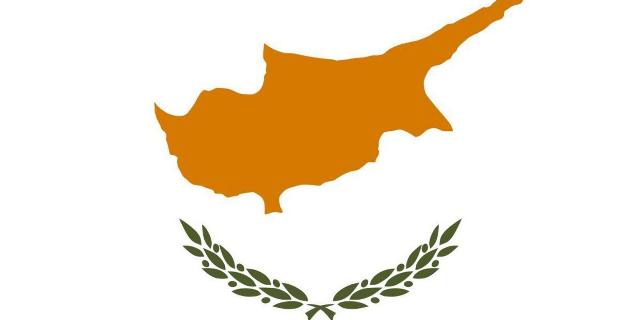Haqqin: Turkey and Israel are fighting for the Eastern Mediterranean
Ersin Tatar's statements are not routine diplomatic rhetoric, Haqqin writes. The president of the unrecognized Turkish Republic of Northern Cyprus is backed by Ankara, which is in a state of struggle with other countries in the region for influence in the Eastern Mediterranean.
Elnur Eminoglu
Amid news of military agreements reached between the State of Israel and the Republic of Cyprus, as well as the growing Israeli military presence in ports, airfields and joint exercises with the Cypriot army, Ersin Tatar, President of the unrecognized Turkish Republic of Northern Cyprus, accused Israel of making a "dangerous mistake."
According to Tatar, the presence of Israeli weapons and military infrastructure in the area under the control of the Republic of Cyprus is perceived as a threat not only to Northern Cyprus, but also to Turkey itself.
Publicly expressing concern, Ersin Tatar at the same time strongly rejected rumors about the possible presence of Iranian forces or proxy groups in Northern Cyprus. In other words) like Hamas or Hezbollah.
However, according to analysts, the wording of Tatar's statements and the rhetoric of President Recep Tayyip Erdogan himself resemble not so much diplomatic notes of protest as a veiled and rather threatening warning. Turkey, which is going through a period of economic instability, but has retained impressive military resources in the region, makes it clear that its influence on the Turkish half of Cyprus is not a matter of international recognition, but a matter of military strength and political will.
The background of events around Cyprus is particularly alarming in light of Recep Tayyip Erdogan's close rapprochement with President Donald Trump, who, after returning to the White House, pursues a course towards reformatting US foreign policy in the spirit of unilateral pragmatism. And in this regard, Turkey and the United States, which had previously disagreed on Syria, Kurdish autonomy, and the elimination of the Russian S-400 and NATO complexes, suddenly became closer. In the rhetoric of the American president, Erdogan is increasingly presented not as a problematic partner, but as a necessary and extremely important figure to contain Iran and Russia in the southern corridors of NATO.
In parallel with the official statements of the Turkish Cypriots in the north of Nicosia, thousands of citizens took to the streets. The protests, organized by leftist trade unions and student movements, are directed not so much against Israel as against Turkey itself. The demonstrators accuse Ankara of trying to impose political Islam on secular society, using the education system and culture for this purpose, changing the identity of the generation. In fact, the Cyprus line of separation is becoming more and more visible not only physically, but also ideologically.
Meanwhile, Israel is gaining a foothold in infrastructure in the south of the island of Cyprus, while simultaneously developing cooperation within the framework of a new strategic partnership covering security, energy and exploration with France, the United Kingdom and even India. There are already two British military bases in Cyprus. Now, according to Ersin Tatar, in addition to the British, Americans, French and even Indian ships, Israel is becoming more active in the region. Ankara is not only concerned about such a powerful concentration of forces, but also suspicious: it may not be about standard military cooperation, but about creating some kind of regional alliance aimed at Turkey.
Historically, Turkey considers Cyprus to be a zone of its vital interests. The invasion in 1974, the division of the island, decades of non—recognition of Northern Cyprus and attempts to fully integrate it into Turkey are all part of a strategy to keep the region under control. And any attempt to change the balance of power, especially in favor of Israel, with which relations remain tense, is perceived in Ankara as a direct challenge.
At first glance, we are talking about concerns about the placement of weapons. In fact, Israel and Turkey are competing for influence in the Eastern Mediterranean, a region rich in gas, crossed by energy routes and potentially capable of redistributing political flows in Europe and Asia. The interests of Egypt, Lebanon, Greece and Italy are also intertwined here.
Turkey, which finds itself outside the Eastern Mediterranean Gas Forum, sees Israel's rise as a threat to its own energy autonomy and political prestige.
Thus, Tatar's statements are not routine diplomatic rhetoric, but a subtle political signal about Turkey's readiness to respond with force if Israel or its partners cross, from Ankara's point of view, red lines.
So far, this position has been expressed in words, but with the current explosiveness of the Middle East and the lack of international control mechanisms over the actions of local powers, any wrong move can become a trigger for a new regional conflict.

